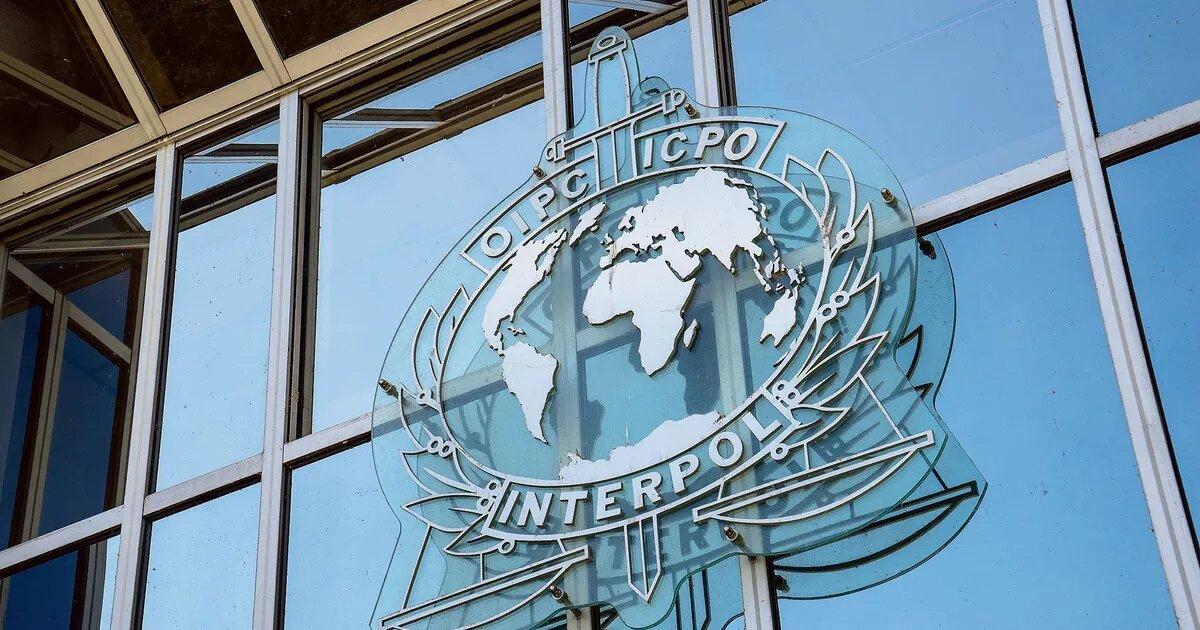INTERPOL’s Commission for Control of INTERPOL’s Files published a list of the countries with the highest number of preliminary requests in 2010. These requests are classified according to whether they’re made by an individual, the nature of the complaint, or whether they’re a request for access to the information. However, the Commission generally prefers not to disclose the number of requests against a particular country or the nature of the complaints. The only time it publicly identified individual countries was in a 2010 report. Even then, it omitted to specify the number of complaints made against a country or any other country.
Once the Commission receives the preliminary request, it will review it and check whether the data in the applicant’s application are already being processed by INTERPOL. If it is, it will review whether the processing follows the rules of INTERPOL. It will consider all elements provided by the applicant and may request further clarification from the source of the data in question. In some cases, the Commission will also seek clarification from the INTERPOL General Secretariat or other parties involved in the processing.
Interpol’s reforms have improved the transparency of the Red Notice process. By allowing greater insight into how Red Notices are crafted, citizens can better contest them. In addition to providing greater legal grounds for contesting the Notices, the General Secretariat’s advance review serves as a screening function. Nonetheless, some individuals may need to resort to filing deletion requests with the CCF.
Whether the person is a refugee can also affect whether or not they receive the protection they need. The 1951 Refugees Convention governs refugee status. Although the organization has not published its policy on this topic, it has provided information about it on its website. In general, if a person is a refugee, INTERPOL will not grant them protection based on political reasons.
Transnational investigations are becoming increasingly challenging. Increasing cooperation between law enforcement agencies is essential for success. Traditional MLA processes are time-consuming and resource-intensive. With the emergence of cybercrime, it’s vital to obtain evidence quickly and efficiently. INTERPOL’s new e-MLA Initiative is designed to streamline and secure the transfer of these requests among member countries.
In addition to the Red Notice, police officers can bypass the formal system by releasing a notice of an arrest in a non-formal manner. They can send an e-mail or post an informal notice of arrest on Interpol’s internal communications network. This system is known as “internal communications” and is sometimes referred to as “Diffusions”. Diffusions work in a similar way to all-points bulletins. They are issued prior to the issuance of the official Red Notice.
The e-crime community is now able to cooperate and share information about the use of ICTs for criminal purposes through INTERPOL’s 24-hour Contact Points. The information exchanged by these centers will complement existing networks and help authorities prevent the spread of cybercrime.






































